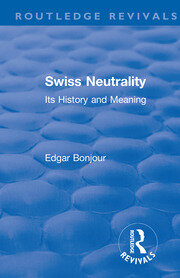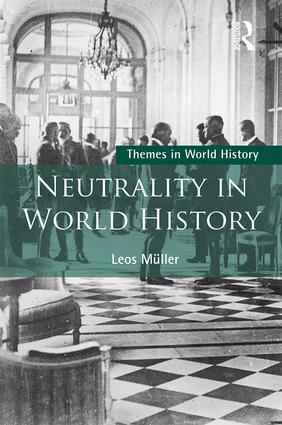Abstract:
At the 1914 Crown Council, which decided to keep Romania neutral in 1914, former Conservative prime minister Petre Carp offered his succinct and direct opinion about the direction of Romanian foreign policy in the opening days of the Great War. He admonished the Council that, if Romania wanted to remain among the ‘civilized states’ (statele civilizate) it had to follow Germany and Austria-Hungary into war immediately. The idea of ‘civilized states’ that dominated the remainder of the Crown Council was not merely an intersubjective social construction. It was a legal term of art in fin de siècle international law that could be applied in the real world. It was only the legally-civilized states that enjoyed the full panoply of rights, privileges, and protections under international law. This is a study of how Romania’s policy-making elite, and Ion I. C. Brătianu’s government, in particular, confronted the challenges of ‘situational sovereignty’. It asserts that, during Romania’s two-year Period of Neutrality (3 August 1914–17 August 1916), Brătianu initially used bilateral conventions as both a method to establish recognition of Romania’s status (or at least a guarantee of territorial integrity) and as a litmus test to determine which (if any) foreign powers recognized Romania as a legal equal. Although he was able to achieve a short-term victory of having an equality clause inserted into the August 1916 political convention with the Entente, it is unclear if that clause could have been durable. Ultimately, Brătianu was trapped between a desire to secure Romania’s recognition through international agreement, but confronted with the reality that Romania’s lack of recognition as a legally-civilized equal meant those very conventions could be unenforceable.
Read the article here.








